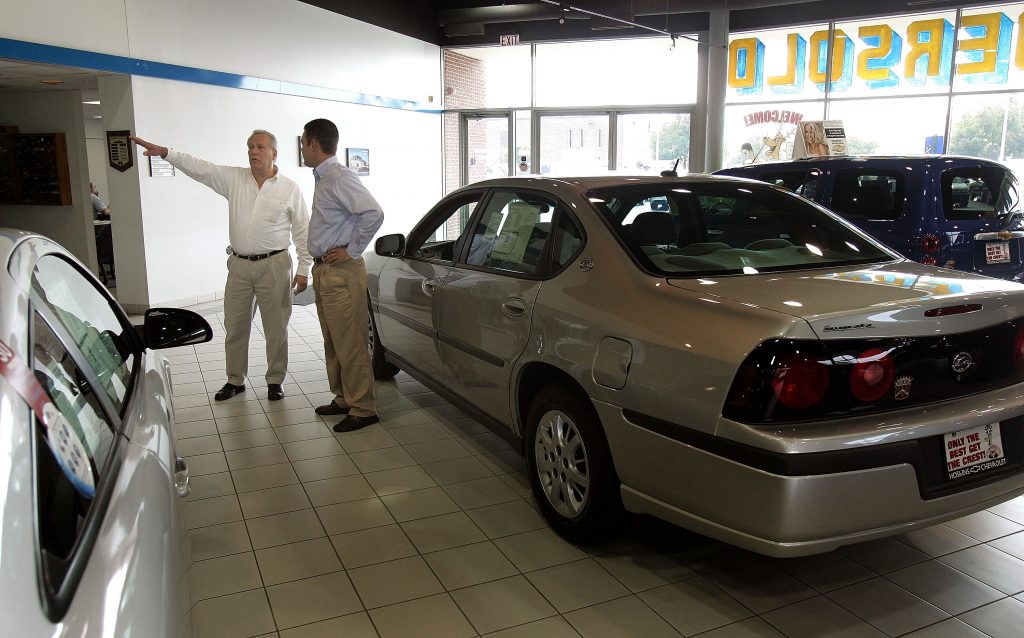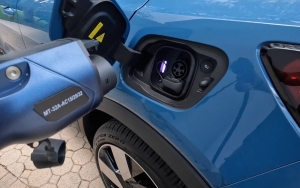How Many Miles Should I Get When I Lease a New Car?
Leasing a new car can be a little confusing if you’re not familiar with the terms. The down payment that you put toward the lease, as well as your monthly payments, are important. However, there are certain caveats like the mileage allotment that you’ll need to account for. So how many miles should you opt for when leasing a new car?
How does mileage work on a lease?
When you lease a car, you’ll be able to pick the mileage allotment for every year included on the lease. For example, you can typically choose between 10,000, 12,000, and 15,000 miles per year during the three-year lease. That doesn’t mean that you can’t drive over the miles every year.
At the end of the lease, the total amount of allotted miles will be taken into consideration (i.e. 30k miles, 36,000, or 45,000) and you will be charged for every mile that you went over the limit.
Most automakers will charge anywhere between 15 to 25 cents per mile, which can add up quickly if you end up going over by a lot. Even going 5,000 miles over can cost you an extra $750 (at 15 cents a mile) when you return the car.
Calculate the number of miles that you think you’ll drive every year

If you’re wondering how many miles per year you should choose when leasing a car, your answer lies in some basic calculations. You can get a rough estimate by adding up the total miles that you normally drive on a weekly basis. Factor in commutes from home to work or school and add in some extra miles for running errands or other small trips. After getting that number, you can multiply that by 52 in order to get the estimated amount of miles that you drive annually.
Don’t forget to add in any long road trips you might take during the year as well. You can round up to 1,000 miles, just to be safe. In the end, you’ll know roughly how many miles you’ll need for the lease term and then overcompensate for them with the allotment. For example, if you calculated that you’ll drive rough 12,500 miles every year, then we suggest getting 15,000 miles per year, just to be safe.
A high-mileage lease could be the answer
If you plan on going over 15,000 miles per year on a leased car, then you might want to consider financing the car instead so that you don’t need to worry about excess mileage. However, if financing is not an option for you (due to the higher monthly payments), then you can opt for a high-mileage lease instead.
Car and Driver states that high-mileage leases might not be available everywhere, however, all you need to do is ask the salesperson. Typically, a high-mileage lease will allow for 18,000 or 20,000 miles per year. However, the major downside to it is that you’ll have to pay a higher monthly payment.
How can I prevent getting charged for excess mileage?

You’ll really only get charged for excess mileage when you turn the leased car back into the dealership when a contract is up. But if you want to circumvent the added cost in the end, one solution is to buy the car, reports Pocket Sense. In that case, you’ll pay the residual value owed on the car, which can be financed, if needed.
Another way to get around the excess mileage would be to trade the car in for a new one with the same brand. Many dealers will waive the excess mileage fee if you trade the car in for a new one. Ultimately, there are few things to consider when you lease a new car and mileage is one of them. However, with some simple calculations, you’ll be able to figure out how many you need.
RELATED: Is Leasing a Car a Stupid Idea?
The post How Many Miles Should I Get When I Lease a New Car? appeared first on MotorBiscuit.






